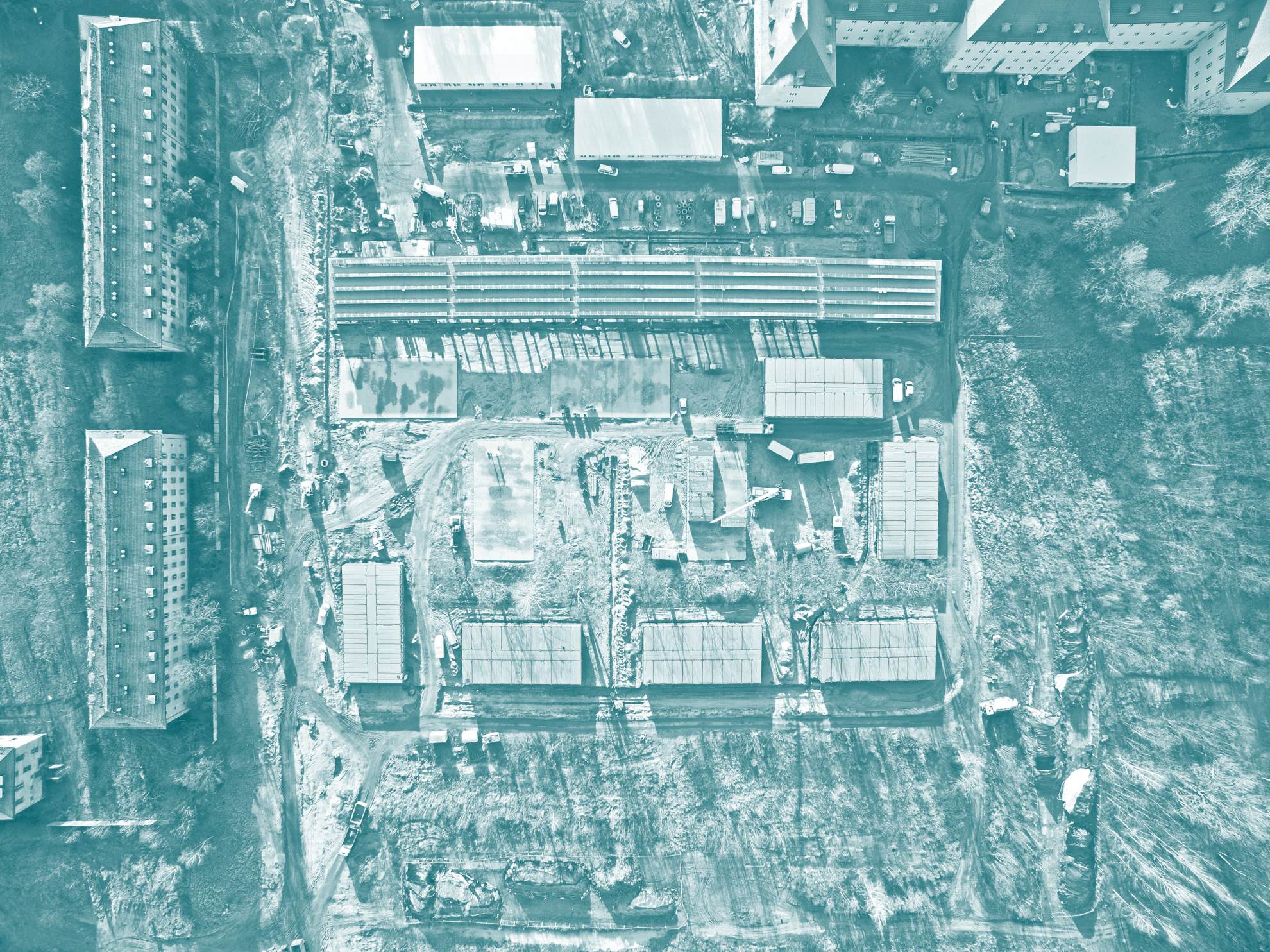19 June 2021 11:20 Decolonising Perspectives
Boxed Empire: Framing Memories, Architecture and Urban Space in Maputo, 1974–1976
Lisandra Franco de Mendonça (Lab2PT, University of Minho)
Between September 1974 and June 1975, the Transitional Government of Mozambique (1974–1975) removed dozens of Portuguese memorials from public places across the territory. In Lourenço Marques (presently Maputo), a considerable part of that repository was deposited in the grounds of the National Museum of Art and later transferred to a warehouse of the Ministry of Education and Culture (the whereabouts of many pieces are unknown). Contemporaneously, thousands of colonists packed the sidewalks of the cidade de cimento (city built to European standards in the colonial period) with big wooden crates holding their possessions. For months, the sound of hammers nailing crates echoed in the city. The nationalization of vacant houses and buildings purposefully built for rental yield in early 1976 accelerated the substitution of city dwellers, many of whom only then came into contact with dwellings fully connected to modern utilities.
Analysis of the photographic collections of the Centre for Documentation and Photographic Training and the Historical Archive of Mozambique (both in Maputo) against the news in local periodicals, together with recollections from city dwellers, allows a glimpse into the immediate re-semantization of public space and the visualization of the transference of power around independence (25 June 1975). This ongoing research maps qualitative and quantitative data by combining archival research with memories (and architectural and photographic surveys) in Maputo, within a broader project that investigates different understandings and practices of heritage in the Global South and formal and aesthetic reconfigurations of modern heritage affected by decolonization processes, which were pivotal to nation-building and still contribute to (trans)national identity and memory. This paper examines not only the few photographic surveys of Maputo’s cidade de cimento urban space and life around independence boxed at the above-mentioned archives, but also the cultural complexities of post-colonial “dissonant” urban heritage documentation and interpretation.
Lisandra Franco de Mendonça is an architect and a postdoctoral researcher at the University of Minho. She obtained her double PhD degree in 2016 and 2020 in architecture and urbanism and restoration of architecture from the Universities of Coimbra and Sapienza of Rome, with a study on the 20th century architecture of Maputo, Mozambique. She completed a post-graduation (MSc) in Restoration of Monuments at the Post-Graduate School for the Study and Restoration of Monuments (Sapienza University of Rome), with a dissertation on the conservation of modern architecture, and was awarded a degree in architecture from the University of Porto. Her research field is the history of 20th-century built production under dictatorial and colonial regimes in Europe and Africa. Within this field, she develops an interrogative view oriented towards the conservation of modern ensembles, focusing especially on patrimonial transferences, translocal spatial production, and relations between European and African parallel modernities.
